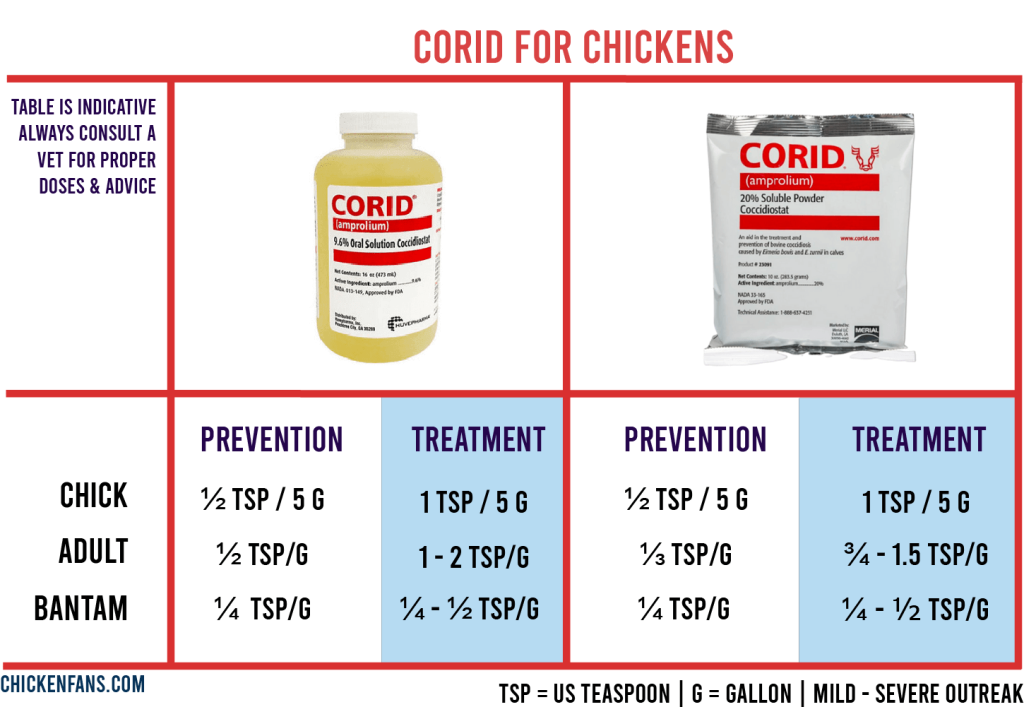redpandakitty
In the Brooder
I got 5 chicks from a local breeder two weeks ago. 2 died less than a week after I got them, on the same day. I contacted the breeder to let her know and she replaced my deceased chicks and gave me an extra. I picked up the new chicks 3 days ago. 1 died about 24 hours later, the other died today. I contacted the breeder again and she said she'd also lost some chicks and had received confirmation from a lab that it was coccidia. She gave me some Corid to treat the surviving chicks. My question is, should I medicate the remaining chicks, or get them medicated feed? All of the chicks died suddenly, with no obvious symptoms. Since the margin of error on dosing Corid seems to be pretty narrow, I'm a bit concerned about treating them, especially since I have bantam & standard sized chicks (the dosing is different). Also, she gave me the medicine in a ziploc bag, so I have no idea if it's even in date. The breeder's knowledge about how coccidia is even transmitted was wrong (she though it could be transmitted through the egg), so I'm very leery about following her instructions on how to treat them.





